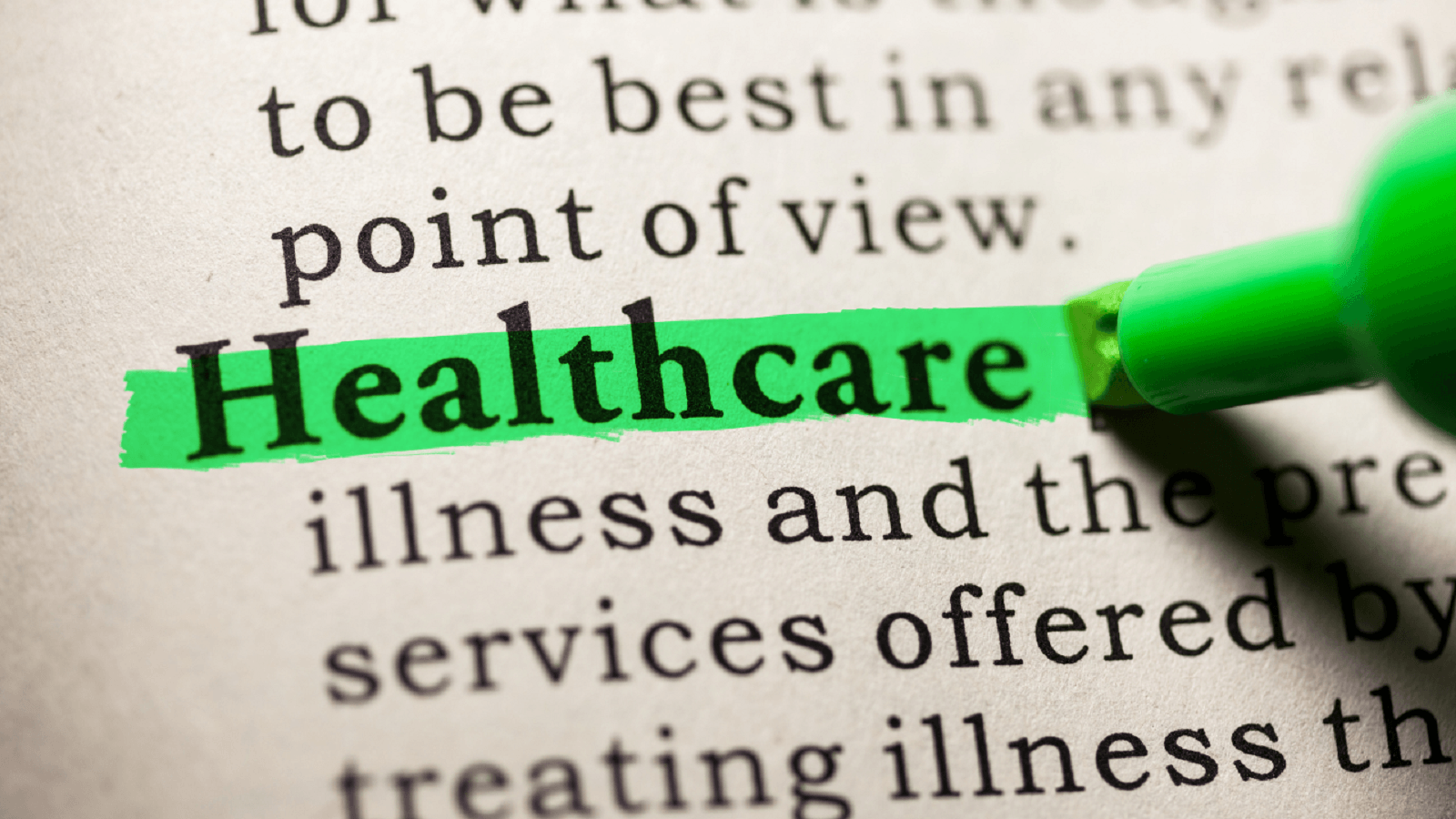
Expert insight: Getting ready for NHS Net Zero: what can suppliers expect?
By: Paul Gershlick – Partner and Head of Pharmaceuticals & Life Sciences at VWV
With the UK recently hosting COP26, NHS England and Improvement has provided a roadmap for what it requires from suppliers to work towards net zero. Meanwhile some of the biggest suppliers to the NHS have joined forces to pledge to reach net zero by 2045.
What Does the NHS Roadmap Say?
The NHS uses products from more than 80,000 suppliers, covering medical equipment, food, business and office goods. Over 60% of the NHS carbon footprint comes from the NHS supply chain.
NHS England has approved a roadmap to help suppliers align with its net zero ambition between now and 2030. A supplier framework for benchmarking and reporting progress against the requirements detailed in the roadmap will be available in 2022.
The Net Zero Supplier Roadmap provides as follows:
- From April 2023 – the NHS will adopt the Government’s ‘Taking Account of Carbon Reduction Plans‘ (PPN 06/21), requiring all suppliers with an anticipated annual contract value over £5m, to publish a carbon reduction plan for their direct emissions.
- From April 2024 – the above will apply for all new contracts, irrespective of value.
- From April 2027 – all suppliers (for any value), will be expected to publish a carbon reduction plan that takes into account the suppliers’ direct and indirect emissions.
- From April 2028 – new requirements will be introduced overseeing the provision of carbon foot printing for individual products supplied to the NHS.
- From 2030 – suppliers will only be able to qualify for NHS contracts if they can demonstrate their progress through published reports.
In addition, NHS England will require a minimum of 10% scoring criteria in all procurements to assess how suppliers will contribute to the NHS’s net zero targets and social value in contract delivery.
Will This Apply to All Suppliers?
Subject to slightly different timelines at the beginning, yes.
However, NHS England recognises that not all suppliers are at the same stage of their net zero journeys. It will continue to work closely with regulators, suppliers and supporting industry bodies to shape its approach and give all suppliers the opportunity to align with its net zero plans. There will be a two-year grace period on key milestones and requirements leading up to the 2030 deadline for Small and Medium Enterprises (SMEs) and Voluntary, Community and Social Enterprises (VCSEs).
Big Players Leading the Way
Meanwhile, a group of some of the biggest NHS suppliers have come together to pledge to meet net zero by 2045 or earlier. They include the CEOs of Unilever, GSK, AstraZeneca, Biogen, BT Group, Novo Nordisk, Microsoft, Smith and Nephew, Medtronic, and Elis. The NHS expects its suppliers to make clear, evidence-based commitments, but these leaders have gone further – offering support and sharing of best practice with the entire NHS supply chain.
Time to Step Up
From 2027, just five years away, the NHS will no longer buy from suppliers unless they have aligned with the NHS’s trajectory towards net zero. Many businesses are already gradually becoming greener and decarbonising their operations. For others, this feels more challenging.
The NHS will, however, work in collaboration with suppliers to resolve roadblocks along the way and is going to consult on its roadmap, including with SMEs and the charities sector, where the NHS will work hand-in-hand to achieve high-quality, sustainable care.
COP26 has provided a catalyst for action. The NHS now needs to see this turn into tangible progress, year on year towards a low-carbon future.
ABOUT PAUL: Paul Gershlick is Commercial Partner and Head of VWV’s Pharmaceuticals & Life Sciences sector and has a particular interest in the application of technology. Paul runs the networking group, PING (the Pharmaceutical Industry Network Group), which he founded in 2010. Paul writes and blogs widely, presents at conferences (including Sigma), appears on BBC radio and in leading national and industry publications relating to life sciences, healthcare and technology issues.